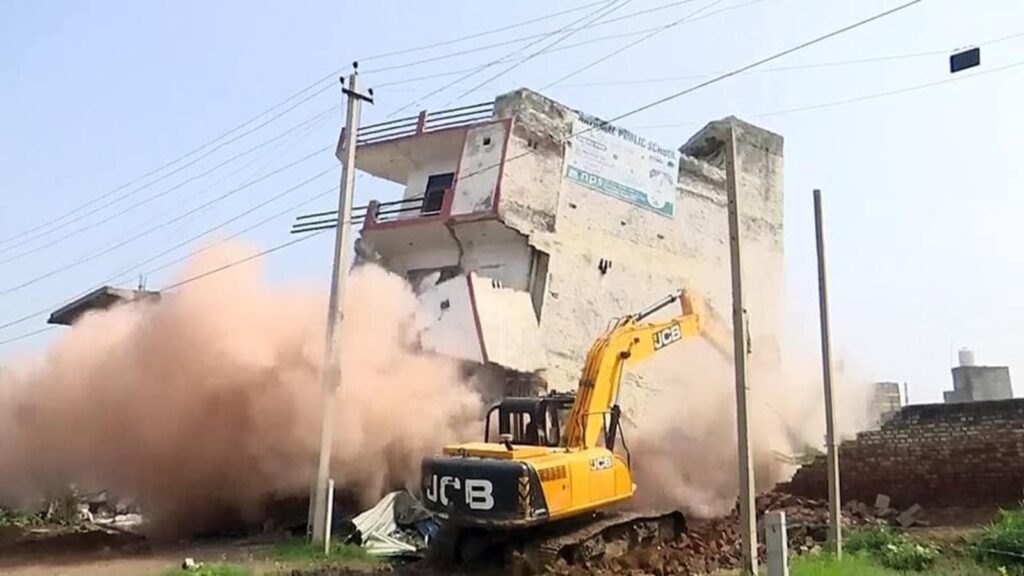It is not every day that a constitutional court in India uses the word “ethnic cleansing” in an order. Hence, when the Punjab and Haryana high court asked if the decision of the Haryana government to demolish buildings in strife-torn Nuh and Gurugram districts was an exercise in ethnic cleansing, it needs to be heeded with sincerity and seriousness. The high court took suo-motu (on its own) cognisance of the demolition of at least 750 shops and houses and noted that the demolitions were carried out in apparent violation of due process. Of course, this is not the first time that a local administration has used the cover of violent disturbances to effect what is essentially an extra-judicial action (in most cases, the houses and establishments belong to people named by the police or opposing parties in first information reports, with no court adjudicating their guilt). Though the state argued that its orders followed due process – citing the 2021 Haryana Recovery of Damages Act, which allows the administration to collect compensation for damage to public property from people involved in the destruction – the court appeared dissatisfied and halted the exercise.
Embarrassed by its failure in safeguarding the lives and property of ordinary people in Nuh, due to intelligence gaps and administrative laxity, the Haryana government may be trying to project a stern, muscular image, but such actions cannot be condoned in a constitutional democracy. The high court is correct in noting that the Constitution protects the citizens of this country and no demolitions as such can be done without following the procedure prescribed in law. All governments should take note.

